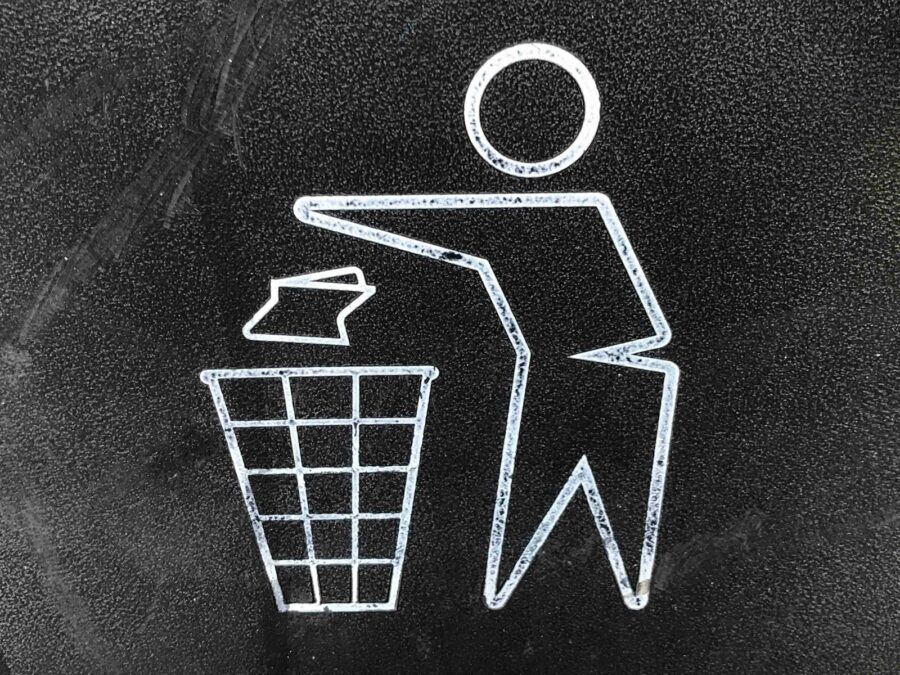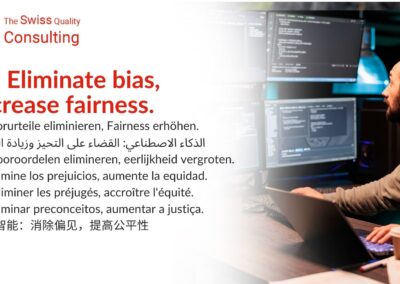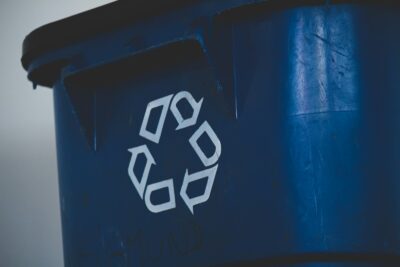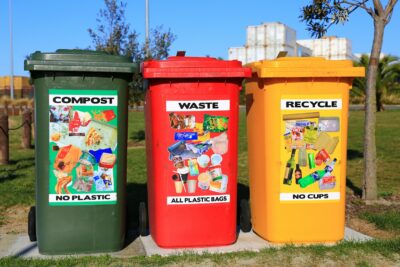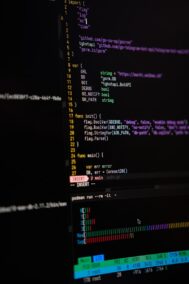Optimizing Operations for Success in Saudi Arabia and the UAE
The Significance of Eliminating Waste in Business Processes
Eliminating waste in business processes is a critical endeavor for organizations aiming to enhance productivity and operational efficiency. Waste, in this context, refers to any activity or resource expenditure that does not add value to the product or service being offered. By systematically identifying and removing these inefficiencies, businesses can streamline their operations, reduce costs, and improve overall performance. This approach is particularly relevant in Saudi Arabia and the UAE, where rapid economic development and technological advancements necessitate high levels of efficiency and competitiveness.
The first step in eliminating waste is to conduct a comprehensive business process analysis. This involves mapping out each step in a workflow to identify redundancies, bottlenecks, and non-value-adding activities. For instance, a manufacturing company in Riyadh might find that certain steps in their production process are duplicated or unnecessary, leading to increased lead times and higher costs. By addressing these issues, the company can optimize its production line, reduce waste, and improve throughput.
Furthermore, eliminating waste contributes to a more sustainable business model. In regions like Saudi Arabia and the UAE, where environmental sustainability is becoming increasingly important, businesses can enhance their reputation and comply with regulatory requirements by minimizing waste. This not only benefits the environment but also positions the company as a responsible and forward-thinking organization, attracting customers and investors who value sustainability.
Strategies for Implementing Waste Elimination in the UAE
Implementing effective waste elimination strategies in the UAE requires a methodical and collaborative approach. By engaging stakeholders, leveraging technology, and fostering a culture of continuous improvement, businesses can achieve significant gains in productivity and efficiency.
Engaging stakeholders from various departments is crucial for a successful waste elimination initiative. This ensures that all perspectives are considered and that there is broad support for the changes. In Dubai, where diverse and multicultural teams are the norm, involving stakeholders can lead to more comprehensive and effective solutions. Open communication and collaboration are essential for identifying areas of waste and developing strategies to address them.
Leveraging technology is another key strategy for waste elimination. Advanced tools such as Artificial Intelligence (AI) and machine learning can automate data collection and analysis, providing real-time insights into process efficiencies and areas of waste. For example, a logistics company in Dubai might use AI-powered software to monitor and optimize their supply chain operations, identifying inefficiencies and making adjustments in real-time. By integrating technology into their waste elimination efforts, businesses can gain deeper insights and make data-driven decisions that enhance productivity.
Fostering a culture of continuous improvement is also vital for sustaining waste elimination efforts. Encouraging employees to identify and suggest process improvements can lead to valuable insights and innovative solutions. In Dubai, where innovation is highly valued, creating an environment that supports continuous learning and improvement can drive significant operational advancements. Empowering employees to contribute to waste elimination initiatives taps into a wealth of knowledge and experience, driving ongoing success.
Maximizing the Benefits of Waste Elimination through Continuous Improvement
To maximize the benefits of waste elimination, companies must adopt a mindset of continuous improvement. This involves regularly reviewing and refining business processes to ensure they remain efficient and effective in the face of changing business conditions. In both Saudi Arabia and the UAE, where markets are rapidly evolving, continuous improvement is essential for maintaining a competitive edge.
One effective method for continuous improvement is the Plan-Do-Check-Act (PDCA) cycle. This iterative approach involves planning changes based on waste elimination analysis, implementing those changes, checking the results, and acting on the findings to make further improvements. For example, a retail company in Riyadh might use the PDCA cycle to continuously refine its inventory management processes, ensuring optimal stock levels and minimizing costs. By regularly evaluating and adjusting workflows, businesses can stay agile and responsive to market demands.
Additionally, fostering a culture of innovation and learning within the organization is crucial for continuous improvement. Encouraging employees to identify and suggest process improvements can lead to valuable insights and innovative solutions. In Dubai, where innovation is highly valued, creating an environment that supports continuous learning and improvement can drive significant operational advancements. By empowering employees to contribute to waste elimination efforts, businesses can tap into a wealth of knowledge and experience, driving ongoing success.
Conclusion: The Future of Waste Elimination in Saudi Arabia and the UAE
The future of waste elimination in Saudi Arabia and the UAE is promising, with businesses increasingly recognizing its value as a strategic tool for enhancing operational efficiency and driving success. As technology advances and markets evolve, leveraging systematic examination and optimization of business processes will become even more critical. By embracing data-driven insights and fostering a culture of continuous improvement, businesses in these regions can achieve greater efficiency, productivity, and competitive advantage.
In conclusion, eliminating waste in business processes offers numerous benefits for businesses, from identifying inefficiencies and driving strategic decision-making to supporting continuous improvement and fostering innovation. As the business landscape continues to change, waste elimination will remain a key strategy for achieving success and maintaining a competitive edge. By prioritizing systematic examination and leveraging its full potential, businesses can navigate the challenges and opportunities ahead and achieve their long-term goals.
#WasteElimination #BusinessProcessAnalysis #OperationalEfficiency #BusinessSuccess #SaudiArabia #UAE #ProcessOptimization #ContinuousImprovement #DataDrivenDecisions #ChangeManagement

